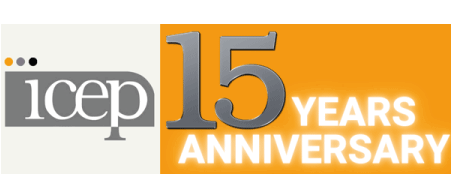What is Erasmus+?
Erasmus+ is the European Union's programme for Education, Training, Youth and Sport.
The 2021-2027 programme places a strong focus on social inclusion, the green and digital transitions, and promoting young people’s participation in democratic life.
It supports priorities and activities set out in the European Education Area, Digital Education Action Plan and the European Skills Agenda. The programme also
- supports the European Pillar of Social Rights
- implements the EU Youth Strategy 2019-2027
- develops the European dimension in sport
- Reducing unemployment, especially among young people
- Promote adult education, in particular in the new skills and abilities required by the labour market
- Encourage young people to participate in democratic life in Europe
- Support innovation, collaboration and reform
- Reducing early school leaving
- Promote cooperation and mobility with EU partner countries
What are Erasmus + Key Action 1 (KA1) learning mobilities?
What are Erasmus + Key Action 1 (KA1) learning mobilities?
Key Action 1 supports mobility in the education, training and youth sectors and aims to bring long-lasting benefits to the participants and the organisations involved.
Students, teachers and all staff members in charge of school education in primary schools, secondary schools and higher education (also Vocational Education and Training, schools for Adult Education and Youth) can apply for funding to run mobility projects in order to offer training and/or teaching opportunities to staff and learners.
Compared to the previous Erasmus+ programme, running from 2013 to 2020, the European Parliament has tripled the funds for the current Erasmus+ programme, to allow more people to participate. One of the next generation of the Erasmus+ programme is for more young people to participate in the various learning mobility programmes, with measures to remove all economic, social and cultural barriers.
Students, teachers and all staff members in charge of school education in primary schools, secondary schools and higher education (also Vocational Education and Training, schools for Adult Education and Youth) can apply for funding to run mobility projects in order to offer training and/or teaching opportunities to staff and learners.
Compared to the previous Erasmus+ programme, running from 2013 to 2020, the European Parliament has tripled the funds for the current Erasmus+ programme, to allow more people to participate. One of the next generation of the Erasmus+ programme is for more young people to participate in the various learning mobility programmes, with measures to remove all economic, social and cultural barriers.
Who can participate?
Students
School staff (teachers, managers, administrative and operational staff)
